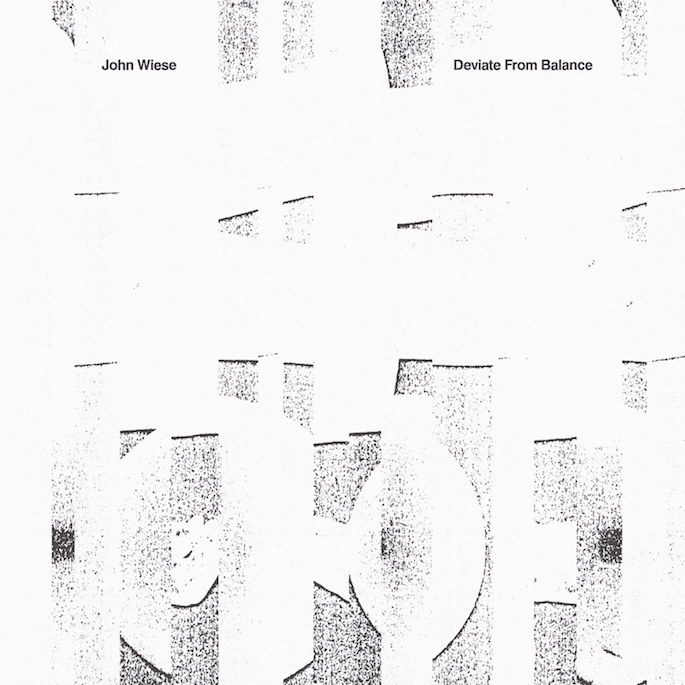When some of us were only half-looking, John Wiese went from being a prominent grunt in the 00s noise army to being a serious modern composer with a capital C. Then again, maybe that’s not the most nuanced way to look at it: despite his early tenure with post-hardcore brutalists Bastard Noise and the capricious blurt of the first few Sissy Spacek outings, Wiese’s moves have always seemed more considered and focused than many of his basement-dwelling peers. His is a noise less about impressing punters with idiosyncratic tools of trade (he’s long been unafraid to use a laptop in live performance, utter anathema for more insecure noiseniks) or pandering to those weaned on/longing for the anchoring tropes of rock and EDM than it is about embarking on serious, in-depth explorations of organised sound.
Though casual listeners would be forgiven for not knowing the difference in the past (anyone who’s tried to explain what constitutes "good" noise to the uninitiated knows that it is an exercise in futility), Wiese’s new LP Deviate From Balance is unquestionably the work of a composer more than that of a jammer. Though there are looser solo and small group pieces scattered throughout, much of the record is given over to both sound installation recordings and scored works for ensembles of over 20 people; the lengthy list of collaborators (including Ikue Mori, C. Spencer Yeh, Evan Parker, Joe Preston, and members of Smegma and the Los Angeles Free Music Society, among many others) could have easily made for a messy "too many cooks" scenario in less careful hands, but they are are are cherry-picked and deployed here in a fashion that makes the most of their individual and collective talents. Compared to earlier Wiese high points like Soft Punk, the palette here is wildly expansive, but it’s also more controlled, a remarkable feat given the sheer amount of unwieldy elements at hand.
This double LP is a dicey medium which invites self-indulgent sprawl, doubly so among "noise" artists, but Deviate From Balance is just as economical in its presentation as it is in its utilisation of collaborators: as with peer and occasional collaborator Aaron Dilloway’s masterful 2012 double LP Modern Jester, one gets the sense that Wiese simply needs that much space to share the work at hand. Whether it’s intended as such or not (and the fact that it’s a double LP in a deluxe gatefold sleeve, being released in tandem with an art book of the same name, suggests that it might be), Deviate From Balance feels like a master statement, a thesis which might serve as the indispensable centerpiece of Wiese’s catalog for some time to come.
Though the music on Deviate From Balance is still far from mainstream-friendly, it would not be wildly unrealistic to think that this collection might cement a new level of notoriety for Wiese. When I used to work at a record store, there were inevitably customers who would assume every "experimental" record we played had something to do with John Zorn; more recently, all "noise music" is assumed to be the work of Wolf Eyes. Whether that kind of status is desirable or not, it is perhaps high time that Wiese be on that square-friendly radar. By all rights, John Wiese doesn’t belong to the underground anymore, but to the world.
<div class="fb-comments" data-href="http://thequietus.com/articles/17348-john-wiese-deviate-from-balance-review” data-width="550">


